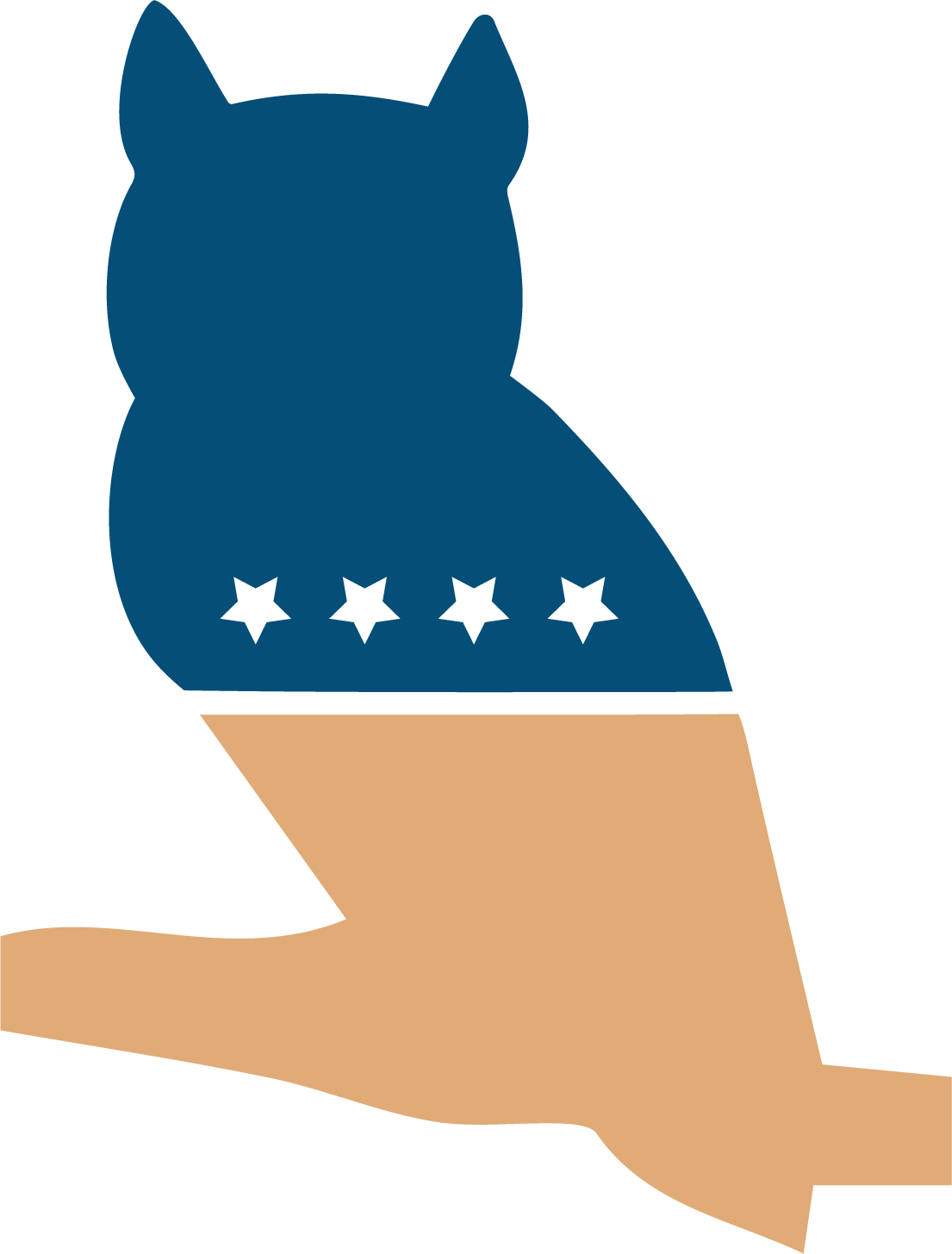Why I Didn’t Join The GOP
As with so many Americans, member Daniel Nardini finds himself in a political wilderness. He explains why.
I told a friend that I was through with the Libertarian Party because they were going in a direction I did not like. This is all I will say about that right now. My friend suggested that I should join the Republican Party.
Maybe in another time and another era it might have been possible. However, what the Republican Party is to me today is vastly different from what it was in my father's time.
My father James was pro-Republican Party because he was a businessman who believed in limited government, privacy, protection of one's home and property, and of course business. He saw the Republican Party as the embodiment of all these things, and so he voted for Republican candidates. Understandable enough. However, towards the end of his life, he was seeing a very different Republican Party develop.
He saw a party that was not only not for limited government, but for an ever-larger government beginning to cast a wider surveillance network over all Americans' lives. He saw a party that had become anti-immigrant and more in line with religious fanatics' vision of a religious state (my father, being an atheist, hated the idea). Finally, he saw a party that was allowing for the rise of a person to become a ruler with unlimited power and who would eventually trash the Constitution.
In all those respects, in my view, I think he proved chillingly right. In my case, I refuse to join the Republican Party because of personal attacks against me by people who support the party. I totally resent being called a "dirty atheist socialist supporter" even though I had been a witness to the Tiananmen Square Massacre.
I also thoroughly resent being a "lackey of the Democratic Party" even though I had quit that party 11 years ago. What my father said, and what I have experienced, has only shown that the Republican Party has in so many ways become a party run or influenced by extremists.
I also resented some people claiming that "America is a Christian country," and that religion and state should not be separated even though the United States Constitution is clear about that. I am a religious minority, and I shudder to think what will happen if someone's version of Christianity becomes the state religion.
My close friends from my days in Taiwan, who are Christian (my friend Sean being Roman Catholic and my friend Russ being of a Protestant church — not sure which one that is), are certainly terrified of this prospect. My close friend Art, who is Jewish, certainly would be terrified of this possibility and might just move to Israel. The whole point of why the United States is a secular country is because it allows all religions and all faiths (or lack thereof) to flourish and peacefully exist without interference from the state.
My father believed that the whole process of an election is for a person running for political office sounding off their ideas to the public. James believed that the whole political process was one of ideas, and the best ideas and people for the job are the ones that voters should elect. My mother, who was a Democrat and had long been an active member of the Democratic Party, believed that government should help people and provide services and programs for the needy.
I personally feel both my parent's viewpoints had merit. But their time is gone, and the country and world they lived in has so radically changed. Now I see extremist factions in both parties pushing their agendas on both ruling parties, and elections have now become a winner take all approach. Where could all this go?
Unknown, but we need only see what is happening in countries like Russia and China to interpret what the ugly possibilities might be. My parents have long since passed away, but if they were alive now they would be terrified of what the world has become. It certainly terrifies me.
Daniel Nardini spent 22 years as a newspaper correspondent for Lawndale News and The Fulton Journal. He has published six books, including his eyewitness account of the Tiananmen Square Massacre, The Day China Cried. He is listed as an Illinois author in the Illinois Center for the Book.
___________________________________________________________
The Modern Whig Institute is a 501(c)(3) civic research and education foundation dedicated to the fundamental American principles of representative government, ordered liberty, capitalism, due process and the rule of law.
Opinions expressed here are those of the author and do not necessarily reflect the views of the Institute or its members.

